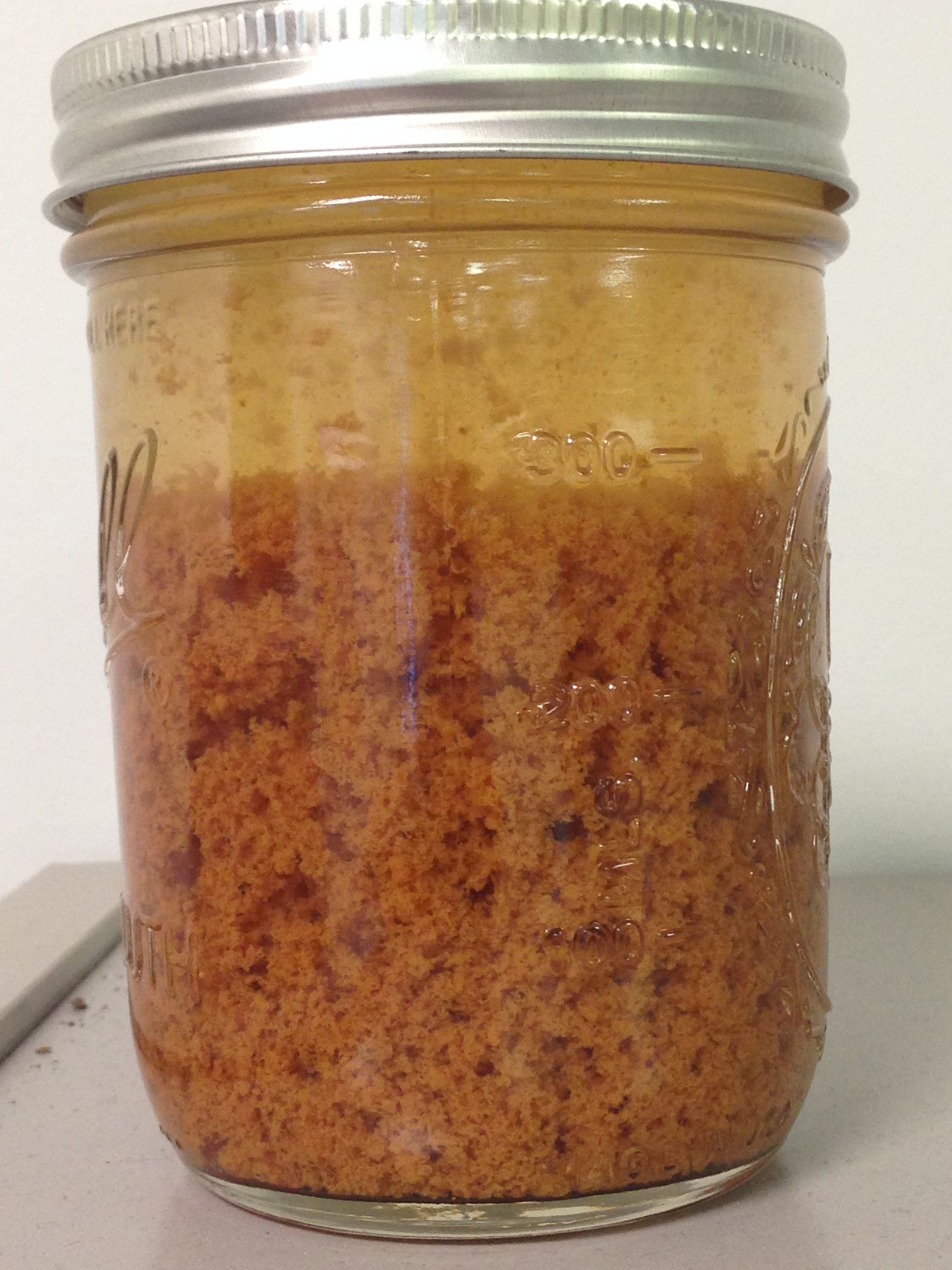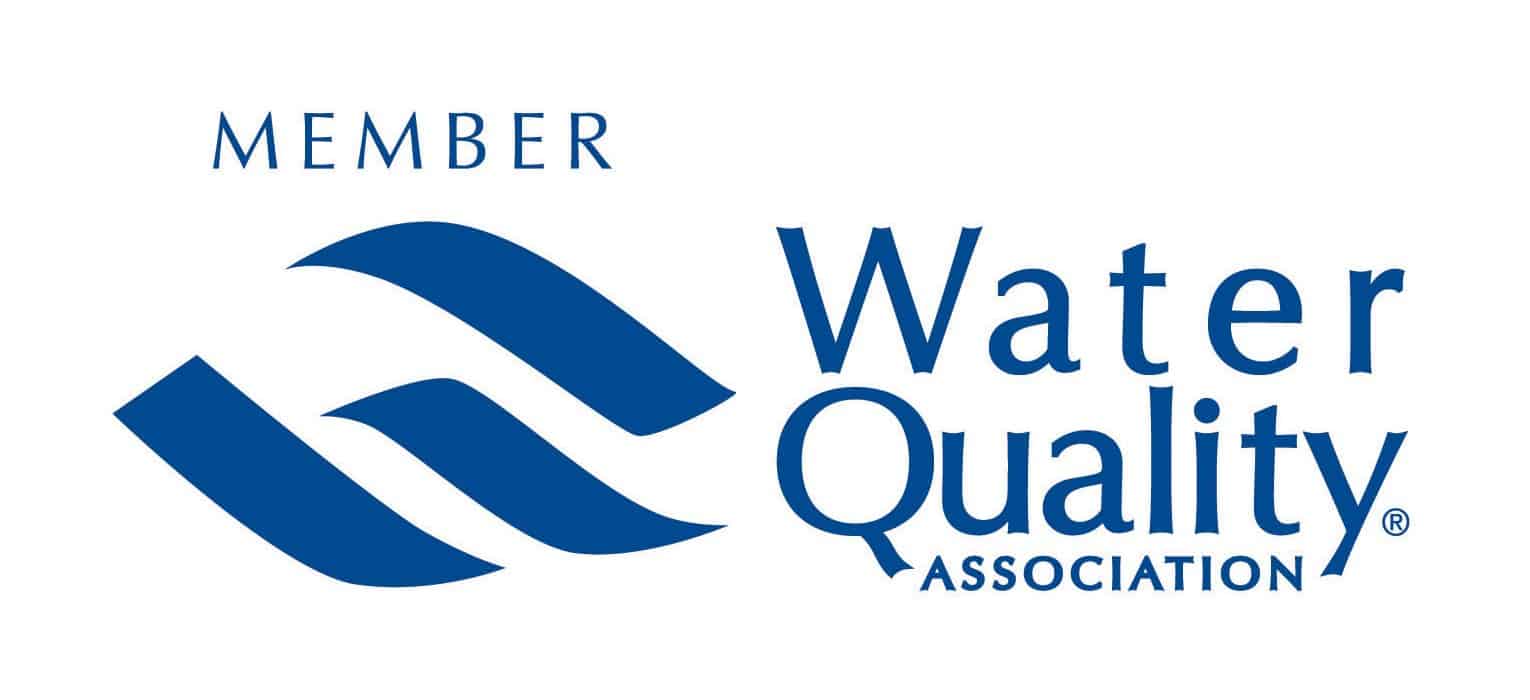Iron Reducing Bacteria in Snohomish County Water Well Systems
Reducing Bacteria, otherwise known as Iron Bacteria, is a naturally occurring family of bacteria that consume raw minerals in groundwater. While not typically a problem, iron bacteria can produce a slime growth to protect itself that’ll plug pipes, filter media, pressure switches, etc.
Do You Have Iron Bacteria in Your Water?
Maybe, even probably! Iron bacteria is present in some form or another in most aquifers and soil formations. These are natural bacteria that have been doing their thing for millennia. Is it a problem? Not likely. When it becomes a problem, it’s because there’s an overgrowth of bacteria that are being fed by the well system. Groundwater moves very slowly through aquifers, and by installing a well, we accelerate the flow rates in the aquifer, which can cause reducing bacteria to suddenly be presented with a smorgasbord of dietary options! Along with that, the iron bacteria is often exposed to air due to pumping levels in the well going up and down, which will cause the bacteria to grow slime to protect itself from oxidation.
How to Detect Iron Bacteria
Some indicators that you may have an iron bacteria problem are:
- Odors are described as swampy, oily, cucumber, sewerage, rotten vegetation, or musty.
- Oily or petroleum sheen on top of the water in toilet tanks
- Yellow, orange, red, or brown stains AND colored water
- Red, yellow, brown, or gray slime deposits
- ‘Feathery’ or filamentous growths in toilet tanks and other standing water vessels
A laboratory, such as AM Test Labs in Kirkland, Washington, or Edge Analytical in Burlington, Washington, can do testing to look for Reducing Bacteria. This testing requires that they perform plate counts to get an idea if the amount of bacteria present is actually a real problem.
OK, I have Iron Bacteria, now what?
Depending on the severity of the problem, we may recommend water filtration, treatment, or even a well rehabilitation program. Some wells have really high levels of iron bacteria that are naturally present, and therefore unlikely to be mitigated in the well. Others have iron bacteria problems that resulted from someone working on or in the well.
Generally, really bad infestations are VERY rare – we run into one or two a year at most. Most iron bacteria problems can be dealt with by removing the food source with water filtration, making sure the filtration equipment stays sanitized (ozone or chlorine injection into the filter media), and sanitizing the plumbing system of the home.
Really bad infestations require a well rehabilitation – at the simplest, this involves removing the old pump, scrubbing the interior of the well with acids and then chlorine/disinfecting solutions, and the installation of the new pump and pipe to get the system up and running again.
Whatever you do, DO NOT POUR CHLORINE BLEACH IN YOUR WELL! Chlorine can increase slime production in reducing bacteria, damage brass/bronze parts in the well, and potentially ruin water treatment equipment downstream that is sensitive to chlorine contact (such as water softeners). Only professionals well versed in the potential problems of dosing chemicals into wells should be introducing chlorine or other chemicals into your water supply.
The best solution is to call us today and schedule a service call to have a qualified professional look at your water system, any water test results you may have, and the well construction report, so that they can come up with the best options for how to tackle your water quality issues.





